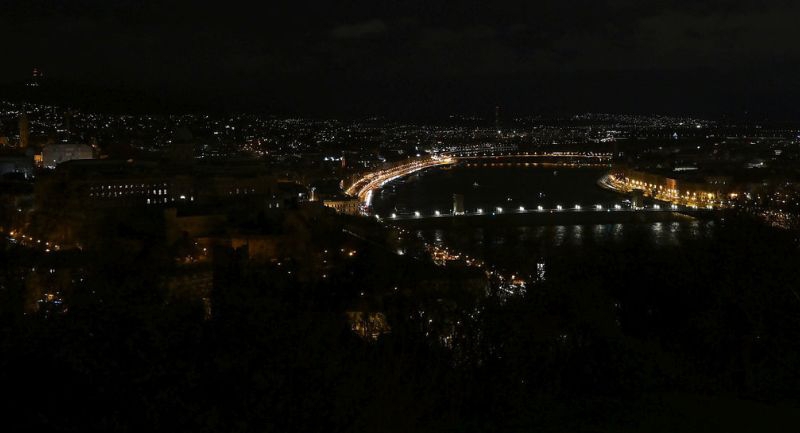
Best of Budapest & Hungary
Measure of Quality
Earth Hour in Hungary
During Earth Hour, on the last Saturday of March every year, all lights are switched off for one hour and electrical appliances are disconnected. In Hungary, many municipalities took part in the worldwide action.
The aim of the 60 minutes dedicated to Earth is not only to symbolically turn off the lights in our homes and cities, but also to make people aware that creating a sustainable future and protecting our planet is the responsibility of all of us.
The pace of climate change has been threatening humanity for more than 15 years, and Earth Hour was originally launched in 2007 by WWF Australia to raise awareness of climate change and its negative impacts on the planet. However, the national movement has quickly grown into the world's largest global action, with over 190 countries taking part last year.
"Although the message is still relevant today, as the problem of climate change has not been solved - and is still hitting us in our country with massive droughts, heat waves, huge storms and flash floods - the message is more complex. Our natural resources are being destroyed by human activity at a severe and accelerating rate, and it is not only individuals who must act to reverse this negative trend, but also companies and governments that have a much greater responsibility. If, on this day, many of us do something, even a small thing, for the health of our planet, it is first and foremost a symbolic message. The more we send out a message, the more we can put pressure on political and business decision-makers to make systemic changes," Head of Conservation at WWF Hungary, Dr. Zoltán Fehér said.




